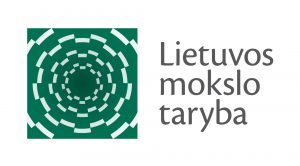Building trust in science as a means of strengthening societal resilience to fake news in the context of climate change, No. S-VIS-23-4

Project No. S-VIS-23-4
Project title: „Building trust in science as a means of strengthening societal resilience to fake news in the context of climate change”.
Project duration: from 2023-07-01 to 2026-06-30
Project leader: dr. Monika Mačiulienė
The aim of a project is to approach and explore science communication as the appropriate use of knowledge, media, action and dialogue to promote scientific awareness, engagement, attention and understanding among citizens. Awareness of the importance of science is one of the fundamental conditions for the development of society. Science education raises public awareness and, by changing consumer habits, thus improves the lives of members of society. The main objective of this project is to assess public attitudes towards scientific knowledge and to make recommendations on organisational, communication and educational measures to increase citizens’ trust in science and to strengthen the public’s resistance to fake news. Effective science communication touches on different areas of social life and reaches out to different generations of citizens. Research shows that members of the public only accept and support measures whose benefits they clearly understand, so the choice of measures should be based on scientific evidence and knowledge, and clear, targeted science communication should be a tool to bring together society, science and policy makers. Knowing the audience for science would enable science communication to be more precise and effective, with the right tools and dissemination channels, and the measures implemented would strengthen the public’s resilience to fake news and junk science, and would also reduce the polarisation of society, improve mental health, and have a positive impact on the economic effects of such measures.
The project is carried out under the Lithuanian Research Council-funded activity “Building societal resilience and crisis management in the context of contemporary geopolitical events”.